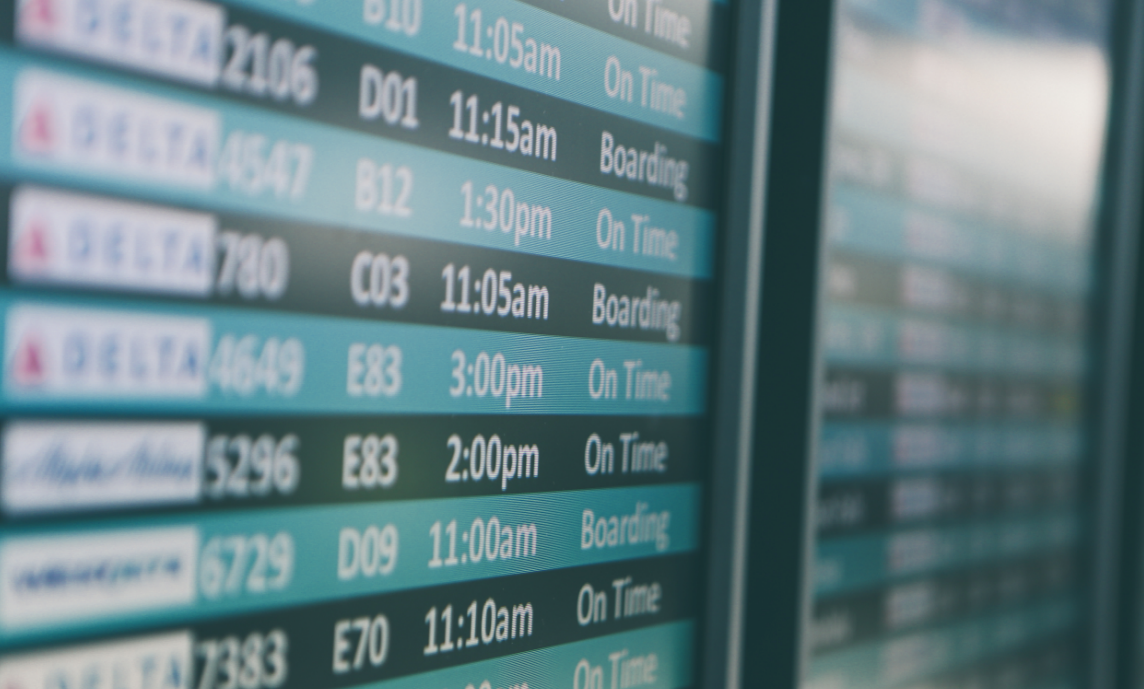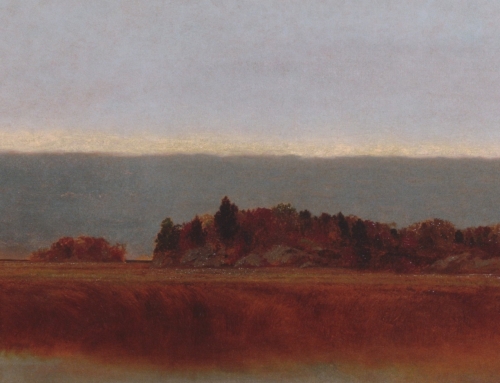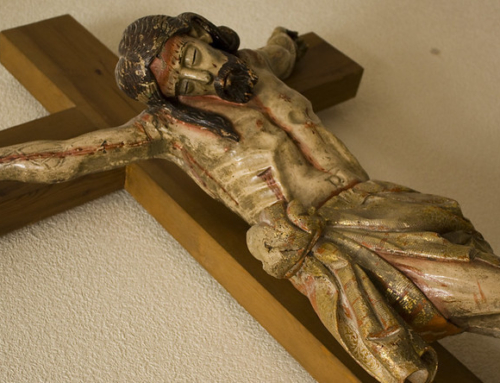Memorial Day weekend approaches. And with it will come the beginning of the summer vacation season.
According to one survey, close to half of all Americans took a long-distance vacation in the summer of 2014, traveling an average of nearly 300 miles from home. They went to beaches and big cities, lakes and resorts. But how many forgot to pack a toothbrush, or saw more rain than they did sun, or made a visit to the emergency room following a freak snorkeling accident? These statistics are more difficult to track down.
Traveling, no matter how fun and restorative, is not without its own sources of frustration. Vacations can introduce all sorts of inconveniences, big and small. Just talk to the guy who woke up for his first day in Bora Bora only to discover he lacked the means to brush away his morning breath, and the hotel gift shop charged $14.99 for the cheapest Oral B.
In the Spring of 1932, the English Dominican Bede Jarrett traveled to Our Lady of Victories Church, located just off the southwestern corner of Hyde Park, London, to deliver a series of Lenten conferences. He took as his theme Hebrews 13:14: “Here we have no abiding city.” We often try to live this life as if we could settle down permanently, he explained, but this is not so. We are only travelers. And “if you are traveling, the whole secret of a happy journey is to remember always that you are a traveler” (No Abiding City, 2). If the traveler knows he is going to have inconveniences and sacrifices to make along the way, those become easier to make.
We are not merely travelers but pilgrims, Jarrett would go on to stress. With a vacation, you want to get away. With a pilgrimage, you want to get toward God. With Him is our true home. We have no abiding city here, and the more we act as if we did, the more frustrated we will become. It would be like traveling to a foreign city and expecting to find all the comforts of home there. “That things should be wrong on a journey is right,” Jarrett preached (6-7). Life’s inevitable and multitudinous challenges ought to be accepted. Not with a fatalism that numbs us, but with courage. The courage born of faith in God. Faith that we have come from Him, and are returning to Him. Everything else is temporary. “If you journey well, you will certainly reach home….The secret of a happy and holy life lies in remembering that” (4). Fortitude makes the road firm. With the Psalmist we implore the Lord, “See that I follow not the wrong path, and lead me in the path of life eternal” (Ps 139:24).
What if you do have the perfect summer vacation this year, the kind you never want to end? End it must. And, honestly, it’s better that way. “The only dreadful thing in life,” Jarrett remarked, “is to be content with life” (26). A genuine vacation—supplying rest and true leisure—is a good thing, certainly. Yet we were not made for Bora Bora; we were made for God. Ours then is a call to an eternal staycation, you might say. Once we get home, we’ll never want to leave.
Just two years after delivering his Lenten conferences at Our Lady of Victories, Jarrett’s earthly pilgrimage ended. Reading his reflections, one gains the sense that he had learned to live what he preached there. And so it is only fitting to end with the last remarks from the concluding retreat conference he gave:
May [God] give us all the courage that we need to go the way He shepherds us. That when He calls, we may go unfrightened. If He bids us come to Him across the waters, that unfrightened we may go. And if He bids us climb the hill, may we not notice that it is a hill, mindful only of the happiness of His company. Even if He calls us to a last desolation, though He seem absent, He will be there. If He calls us to bitter agony, that too would be an honor and a privilege, since our agony would be still only a sharing of His agony; He would have lifted the coverlet of suffering and brought us in to lie by His side.
He made us for Himself, that we should travel with Him and see Him at last in His unveiled beauty in the abiding city where He is light and happiness and endless home. (73-74)
✠
Photo by Matthew Smith







